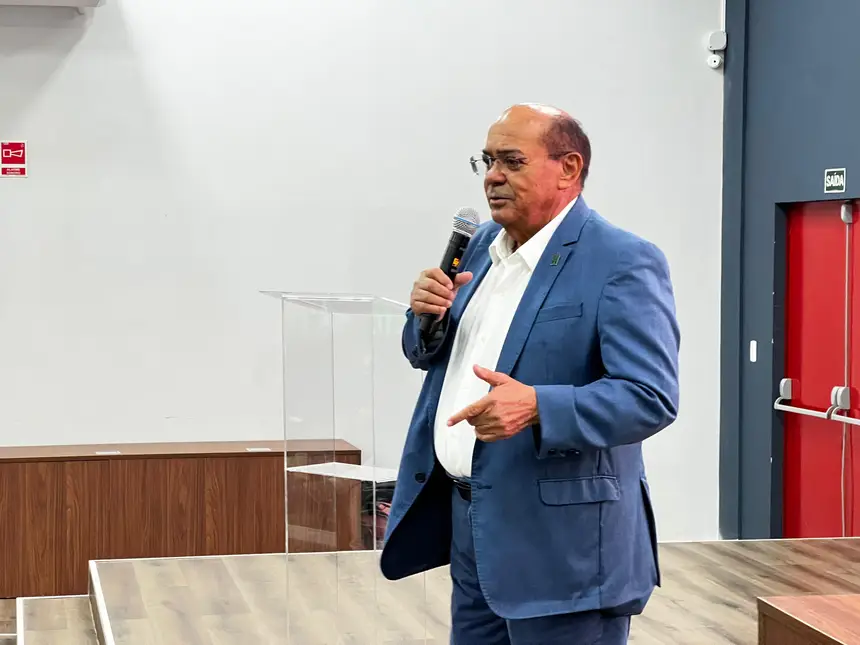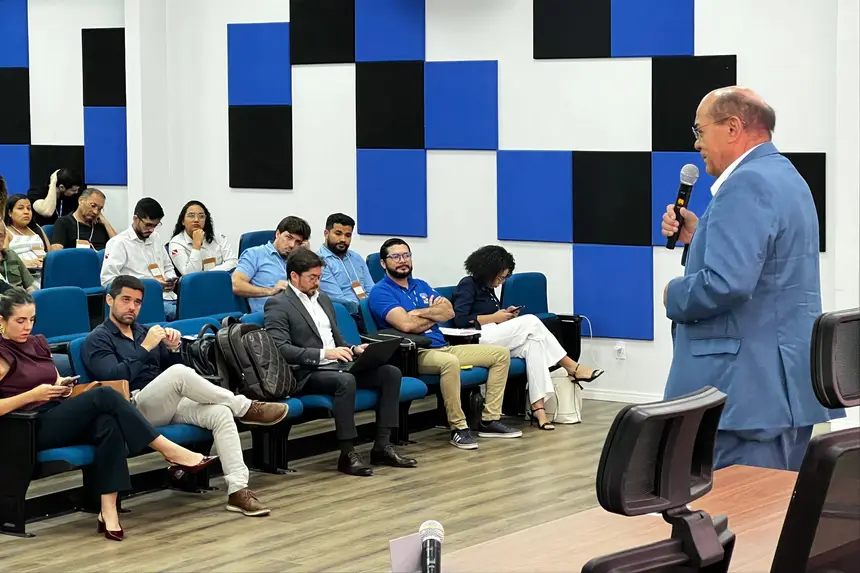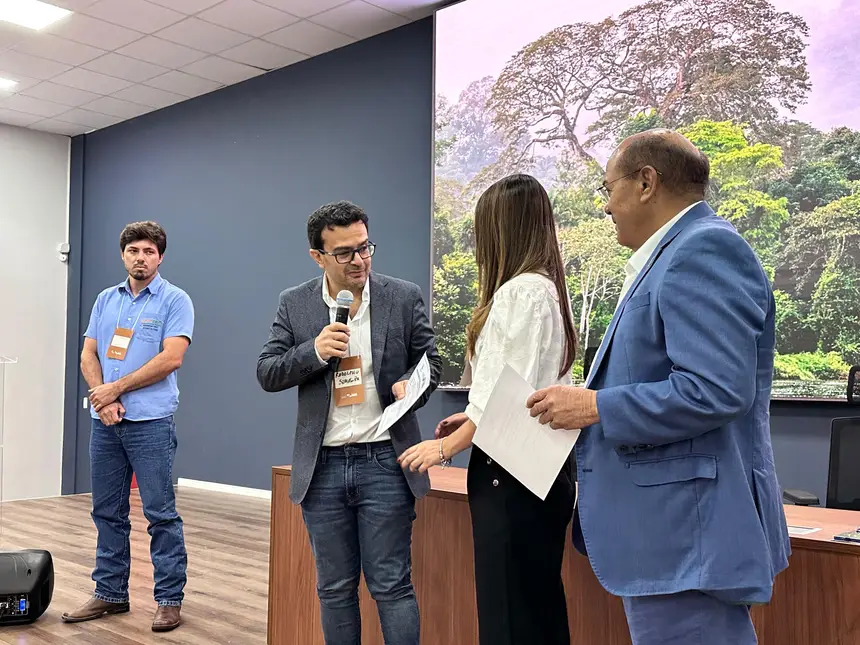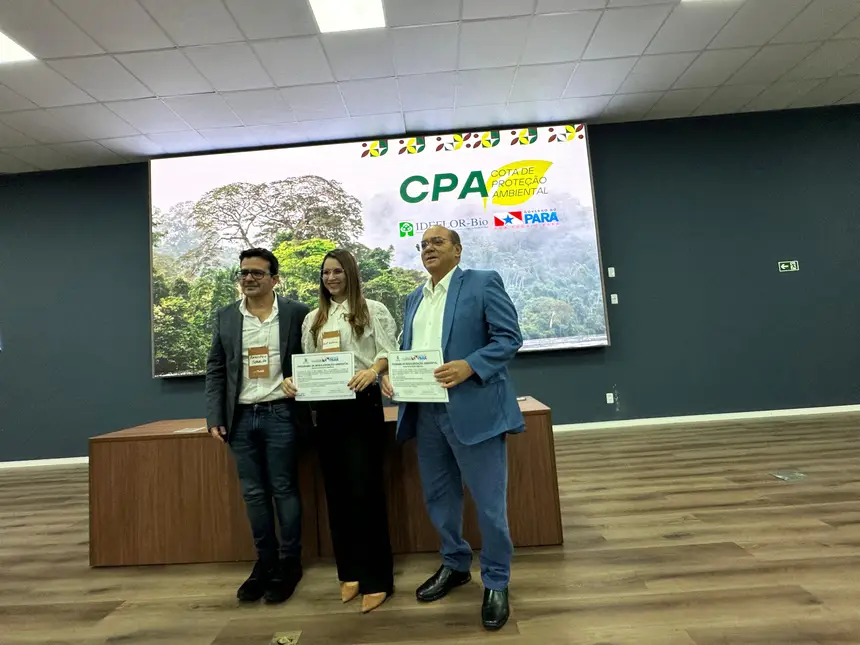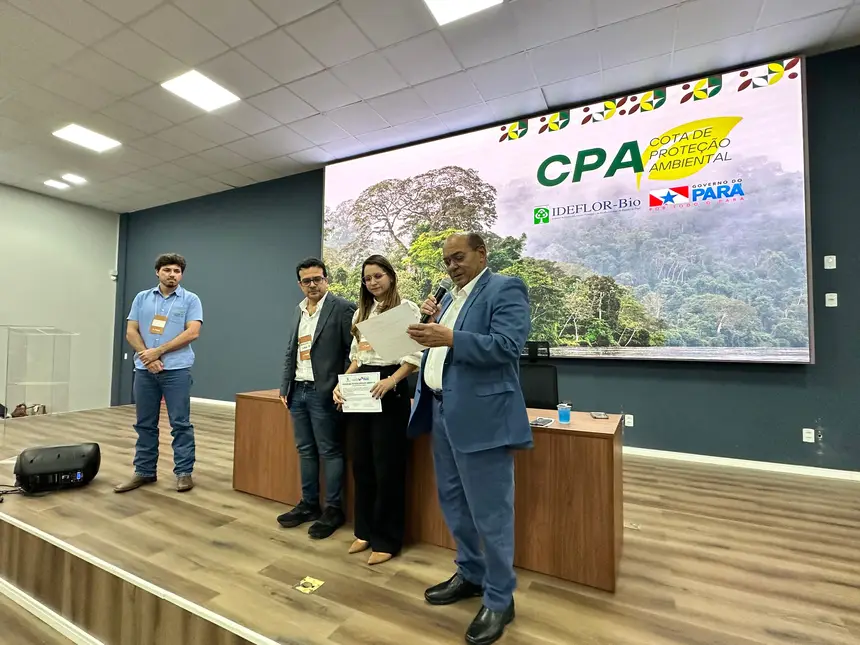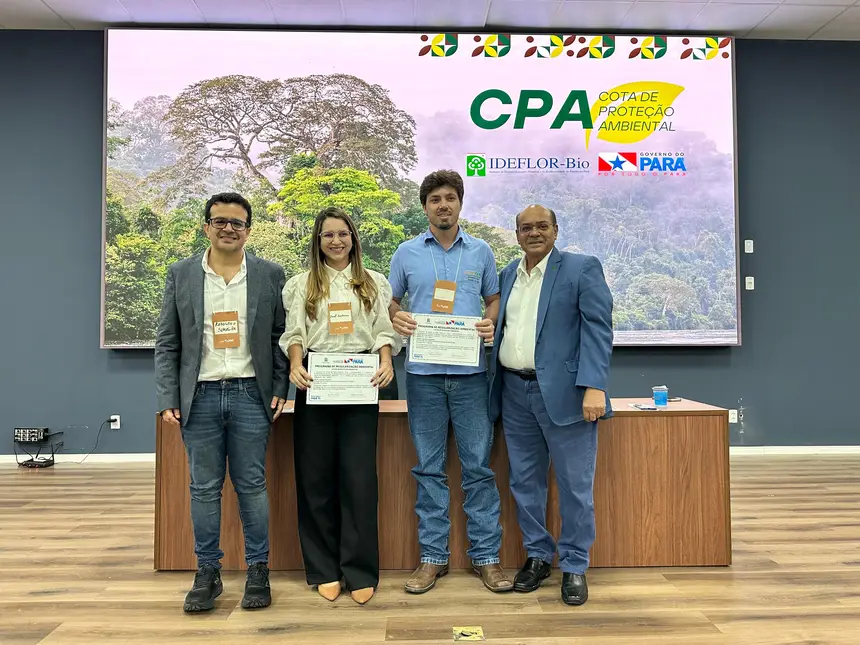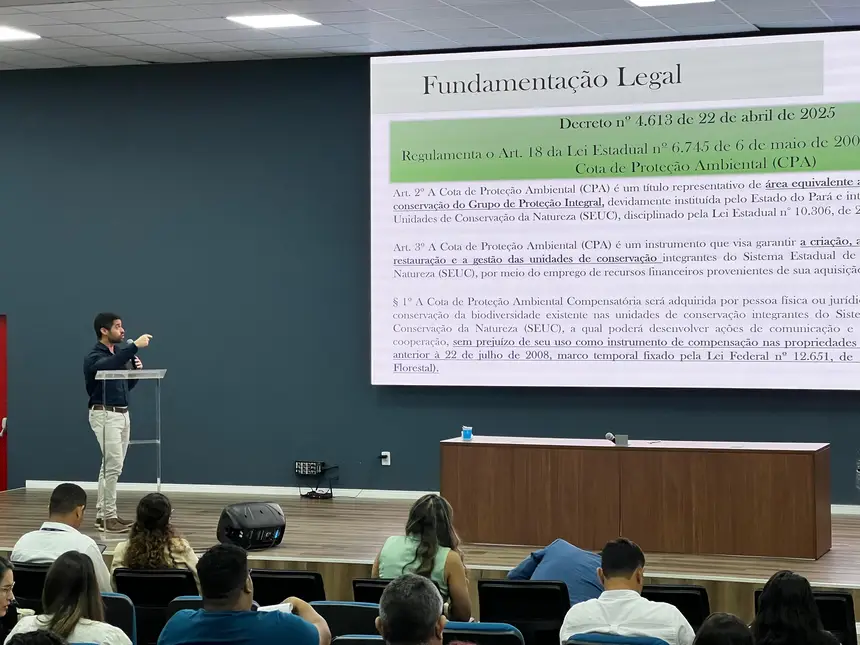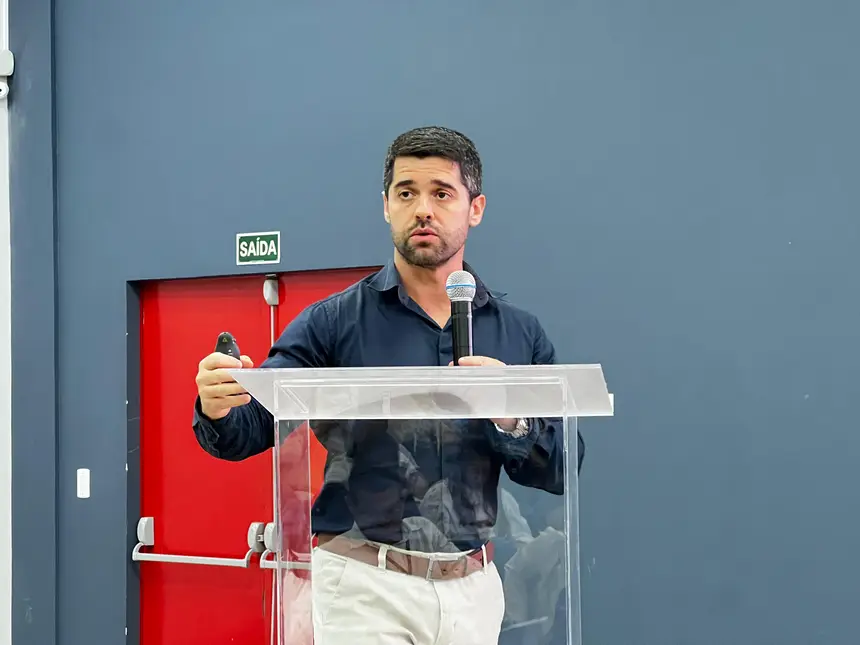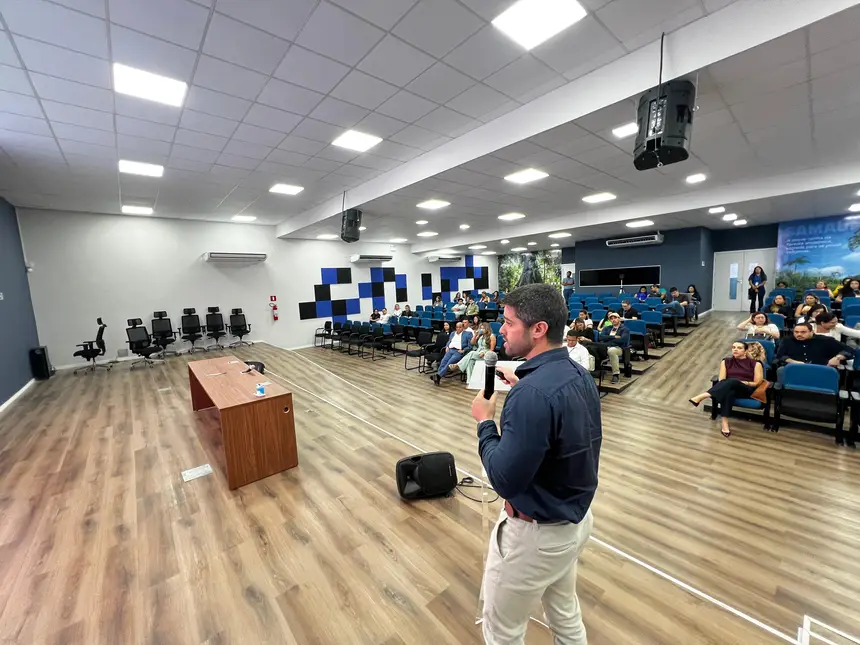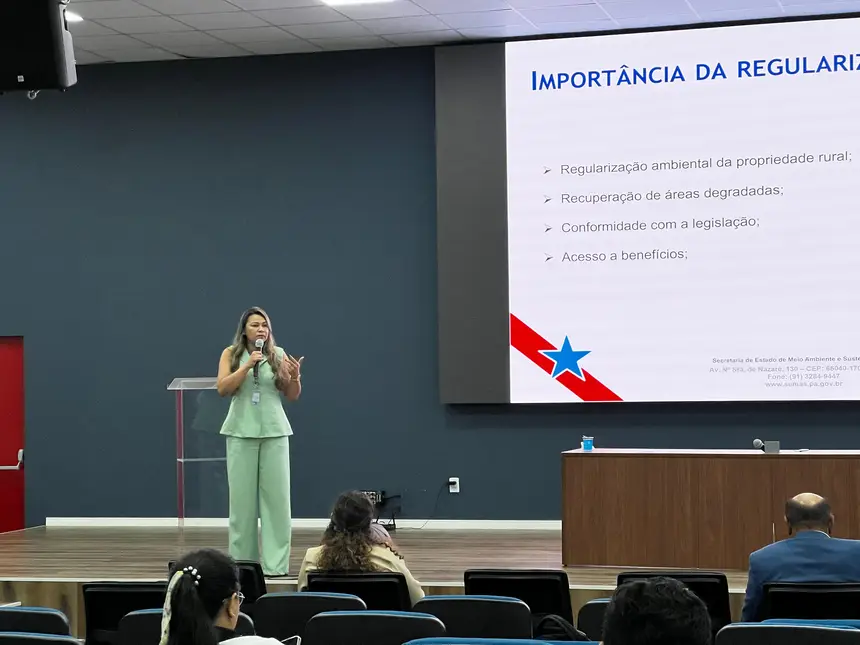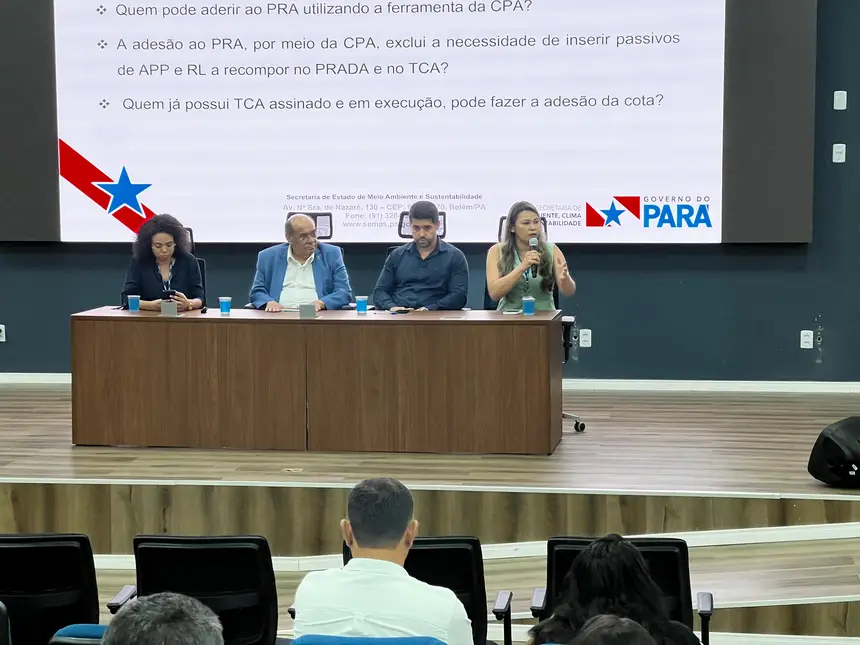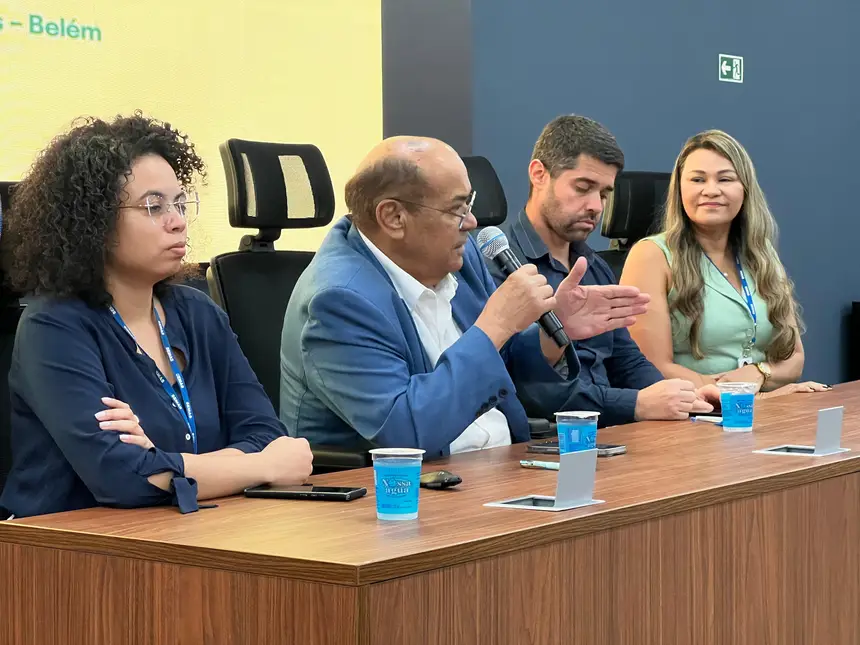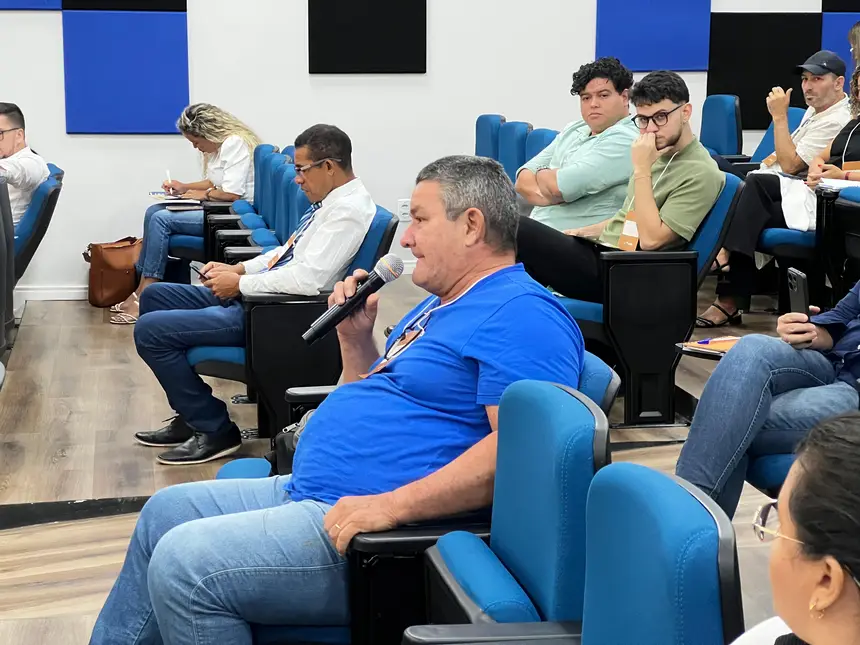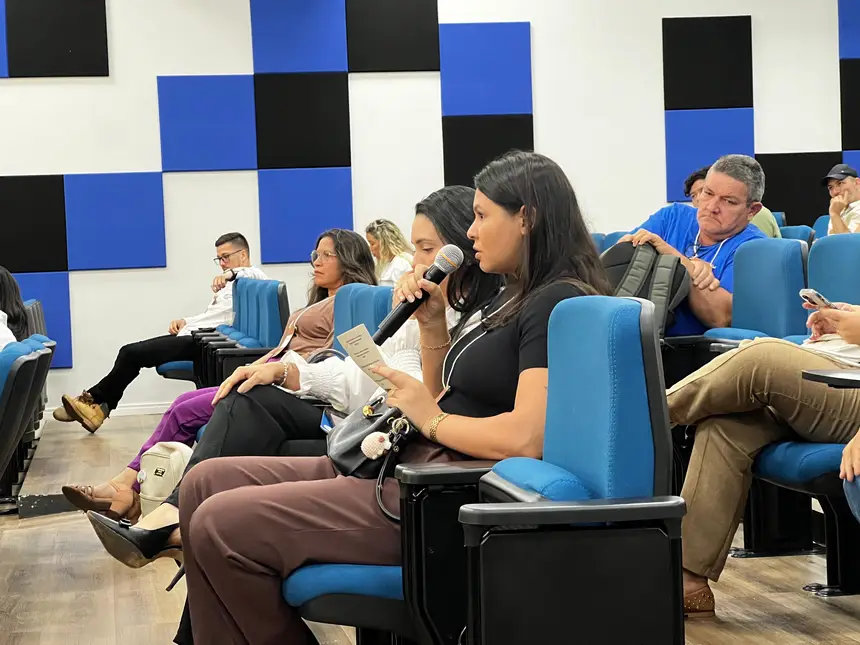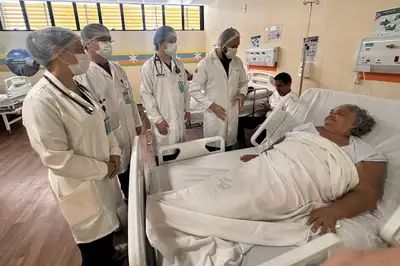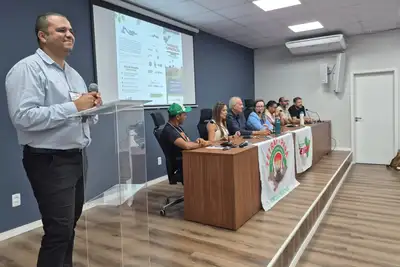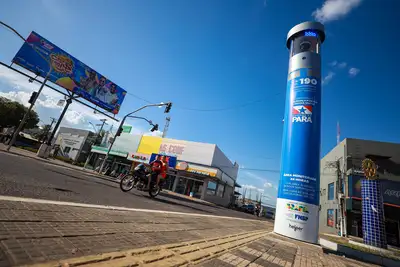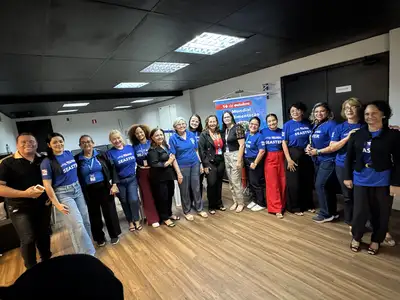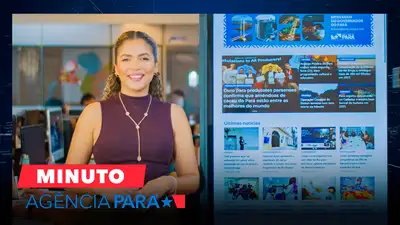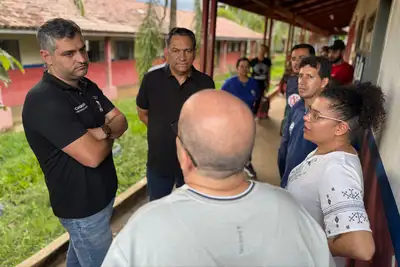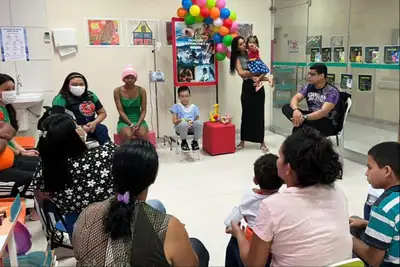Environmental Protection Quotas Mark a New Phase of Rural Property Regularization in Pará
The first certifications were delivered during a technical seminar held in Belém by Semas and Ideflor-Bio
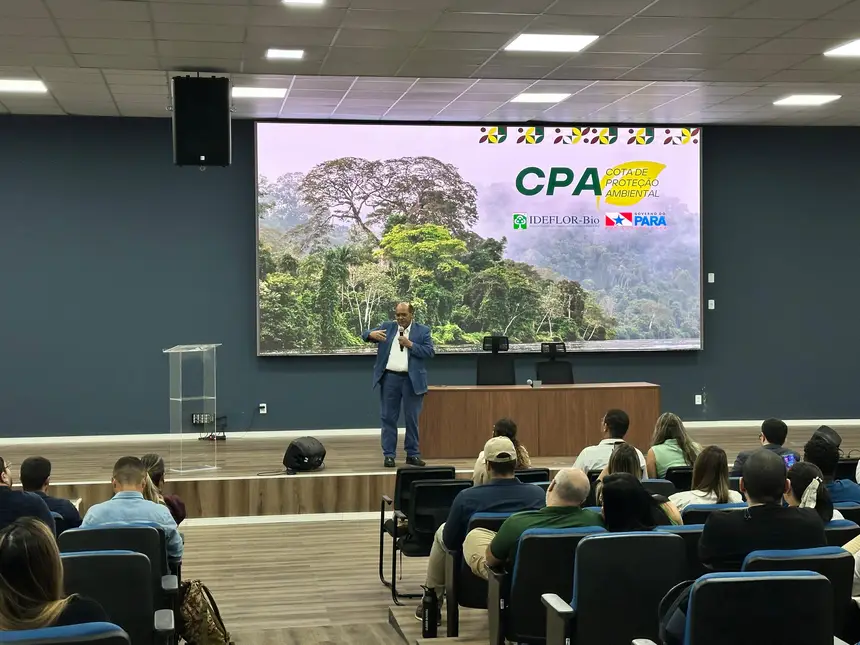
The environmental policy of the Government of Pará has gained a new support instrument for land regularization and forest preservation. On this Monday (15), the State Secretariat for the Environment, Climate and Sustainability (Semas) and the Institute for Forest Development and Biodiversity of Pará (Ideflor-Bio) held, in Belém, the seminar "Environmental Protection Quota (CPA) as a Regularization Tool," which marked the delivery of the first CPAs to rural properties in the State.
Held at the Semas Training Center, the event brought together technicians, consultants, engineers, lawyers, and representatives from the environmental sector to present the legal and operational foundations of the CPAs, as well as to promote the exchange of experiences among professionals and users of the policy. The Environmental Protection Quotas are instruments provided for in the Brazilian Forest Code and regulated in Pará by State Decree No. 4,613/2025.
Innovative Regularization Instrument
During the program, the technical advisor of Ideflor-Bio, Thiago Valente, presented how the CPAs work, which allow the regularization of rural properties with a consolidated legal reserve liability up to July 2008. Properties can acquire quotas corresponding to protected areas, each representing one hectare of preserved forest, valid for 15 years.
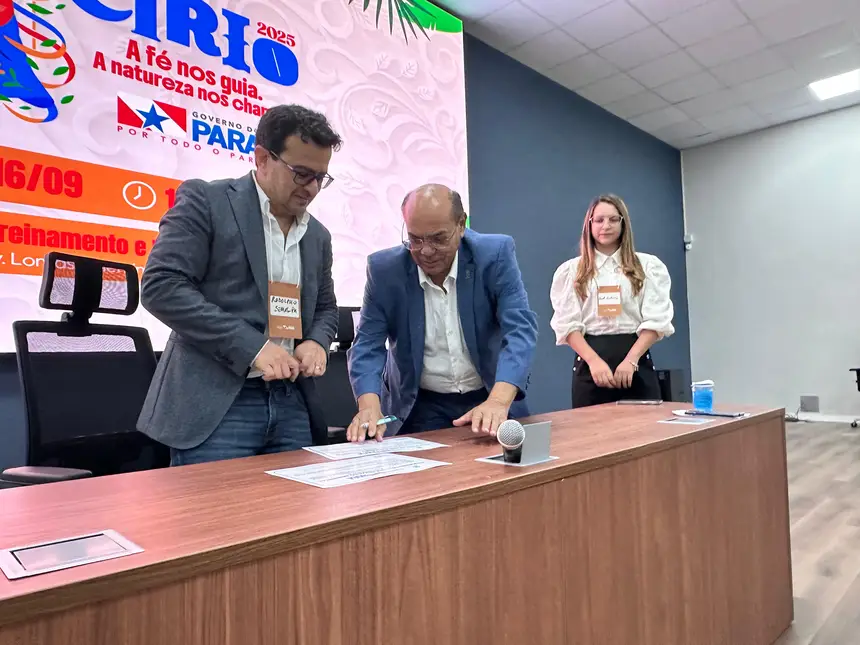
The values are accessible: R$ 100 per hectare per year or R$ 900 upfront, with a 40% discount. Non-compensatory quotas are also available, intended for voluntary donations, costing R$ 60 per hectare. "The CPA connects production and conservation while ensuring the maintenance of conservation units with permanent resources," explained Valente.
According to him, the mechanism contributes to the financial sustainability of the State System of Conservation Units (SEUC), expands biodiversity protection, and ensures legal security for rural producers.
Integration with the Regulariza Pará Program
The Geotechnologies Directorate (Digeo) of Semas, coordinated by Maximira Costa, presented the technical flow for requesting and issuing the quotas, as well as the integration with the Environmental Regularization Program (PRA). The PRA is the main instrument for adapting properties to the Forest Code and was institutionalized in Pará in 2022 with the creation of the Regulariza Pará Program.
The state initiative encourages the recovery and compensation of environmental liabilities identified in the Rural Environmental Registry (CAR), through the execution of Projects for the Recovery of Degraded and Altered Areas (PRADA) and, now, with the use of CPAs.
First Certified Properties
One of the milestones of the seminar was the delivery of the first Environmental Protection Quota certificates used for regularization in Pará. The Fazenda Goiabeiras, located in the municipality of Pau D’Arco, and the Fazenda Recanto, in the municipality of Novo Progresso, were awarded. A third property will be certified in the coming days.

For the Deputy Secretary of Environmental Management and Regularity of Semas, Rodolpho Zahluth Bastos, this moment represents a step forward in the State's environmental policy. "The application of Environmental Protection Quotas as a tool for regularizing rural properties represents another front of the Regulariza Pará Program, aimed at consolidating the effectiveness of the Forest Code in the State. The delivery of the first Environmental Commitment Terms demonstrates, in practice, the functioning of the quotas and paves the way for many other adoptions," he stated.
The president of Ideflor-Bio, Nilson Pinto, also emphasized the pioneering nature of the initiative. "The CPA is an innovation that strengthens the management of conservation units and expands legal security for rural producers. It is a solution that brings biodiversity conservation closer to the rural economy, ensuring benefits for all of Pará's society," he highlighted.
Debate and Strengthening of Public Policies
Concluding the program, participants were able to ask questions and exchange experiences about the application of the CPAs. The seminar reinforced Pará's role as a reference in adopting modern instruments to balance rural production with environmental preservation, in alignment with the guidelines of the Forest Code and the state commitments to sustainable development.



